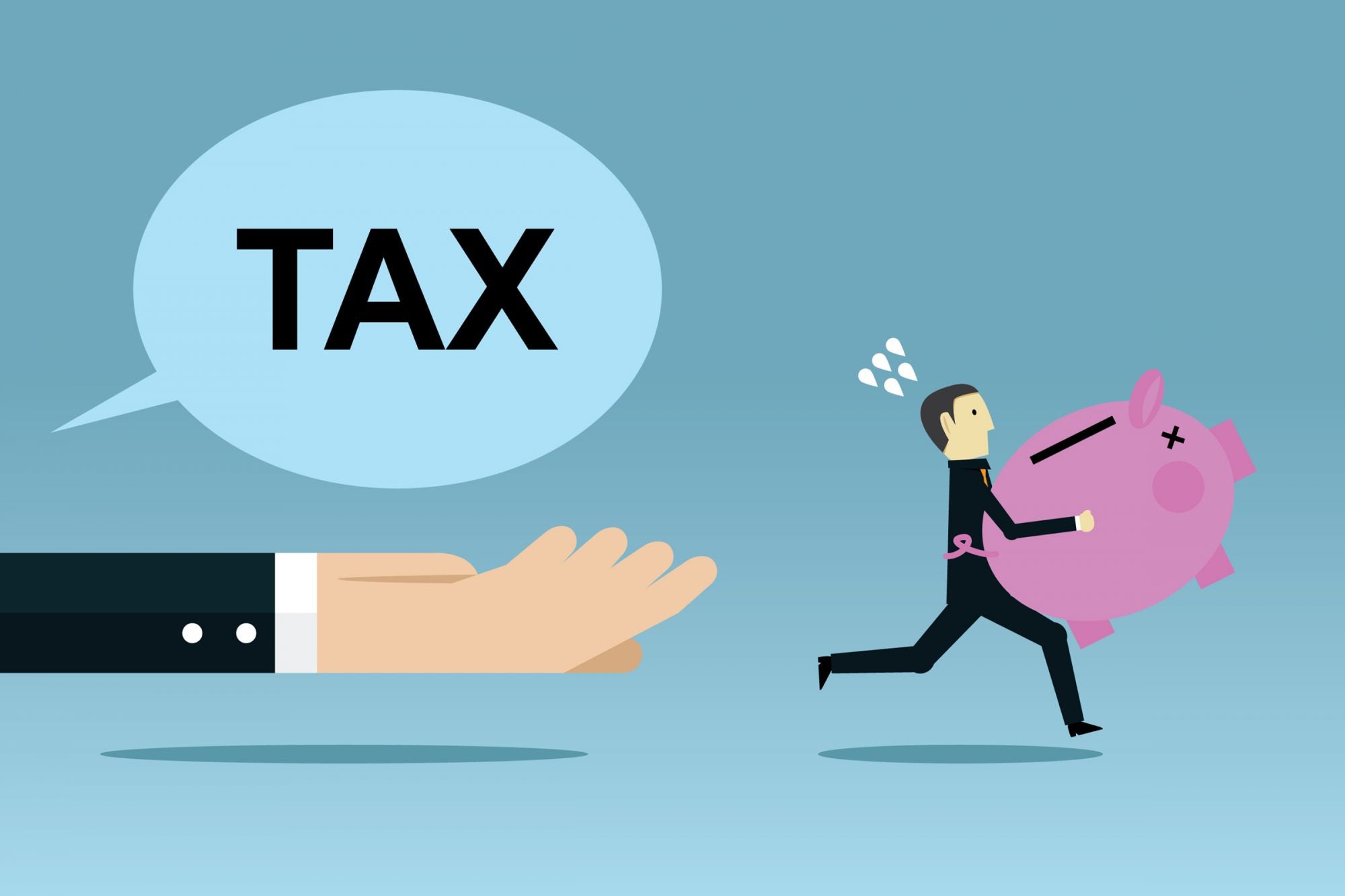Is Your Accountant a Wimp? Why your accountant actually wants you to pay more in taxes.
By Bruce Willey
Opinions expressed by Entrepreneur contributors are their own.

I was a few years out of college working at a big accounting firm when I first realized just how much the industry liked to play it safe. I had just been asked to help a client that had been hit with a huge tax bill. While doing research I discovered a totally legal strategy that would've saved him six figures.
My boss's response? It felt too aggressive. They passed, so the client paid.
In the years since, "feels too aggressive" is a refrain I've heard from accountants time and time again. For an occupation so rightfully focused on numbers, it's incredible how often they make enormously consequential decisions on their client's behalf based on their feelings.
The result is that far too many people are overpaying their taxes. This may be an unpopular thing to say in an age when stories about how Amazon and Apple pay little to nothing to the federal government get a tremendous number of hate clicks.
Related: How to Hire an Accountant
But adjust the lens a bit. Imagine if the same were being said of thousands, perhaps millions, of small and medium-sized business owners. The people who provide money, stability, and health care to American workers. What if by following the law, just as the tech giants are doing, they could keep even more money with which to invest.
Wouldn't that be a good thing? Most accountants, though, aren't equipped to help them. Here's why:
The IRS is scary
Who brought Al Capone down? It wasn't the FBI, but the IRS.
For most people, the prospect of standing up to the agency induces a lot of anxiety -- and when you start layering in the pressure of compliance, that anxiety spikes. You don't want to get a letter from the IRS, and neither does your accountant. This is why being "too aggressive", even when it's perfectly legal, starts to feel risky.
Accountants only see the past
By the time you bring your tax return to an accountant in March or April, you're already well into the next year. All of the data you're providing is from the previous year. All your accountant ever sees is your past. Not your present, and certainly not your future.
This makes it very difficult for them to help you adjust what you're currently doing so you're paying less in taxes the next time around. They can look for deductions and credits until their eyes cross, but those are things that have already happened and cannot be changed.
Related: Outsource Everything but Accounting, Quality Control and Sales
They don't have the right knowledge base
I learned this the hard way when one of my earliest clients was hit with a seven-figure tax bill. After reading some 1,000 pages of filings together, he slid a check across the desk to me with a pained look on his face and asked, "Are you absolutely sure we've done everything we can?"
At that moment I had to be honest with myself: I wasn't sure.
The next day I started researching. I looked at how the big companies approached tax planning and asked myself if I could replicate it for small and medium-sized businesses. Slowly I found more and more strategies I could use. I learned the laws, the codes, the techniques. And if today's me completed that same client's return, I likely could have saved him hundreds of thousands of dollars.
But it takes constant learning, not just keeping up, and a willingness to apply a multitude of strategies and techniques in the right situation at the right time. I have the confidence to be aggressive because I have that knowledge base. Many accountants do not.
We expect too much
Your accountant is not a tax planner. Nor are they a fortune teller.
And while some might possess additional skills, they don't have time to give out forward-looking advice because they're already straining from the IRS's compliance obligations. In many cases, accountants have been reduced to form-filler outers, and there's enough to deal with in those forms that it's all they can do to keep up.
I have 2,000 pages that I'm still reading through on my desk from the new tax code. Your day-to-day accountant just doesn't have the time to do the same.
Related: 5 Accounting Challenges Startups Face and the Tools That Will Fix Them
So, yes, your accountant is probably risk-averse. But they have their reasons. This is why they fall back on how something feels when things start to seem risky to them. The only problem is that in doing so they ignore the feelings of the person that should matter the most to them: their clients.











